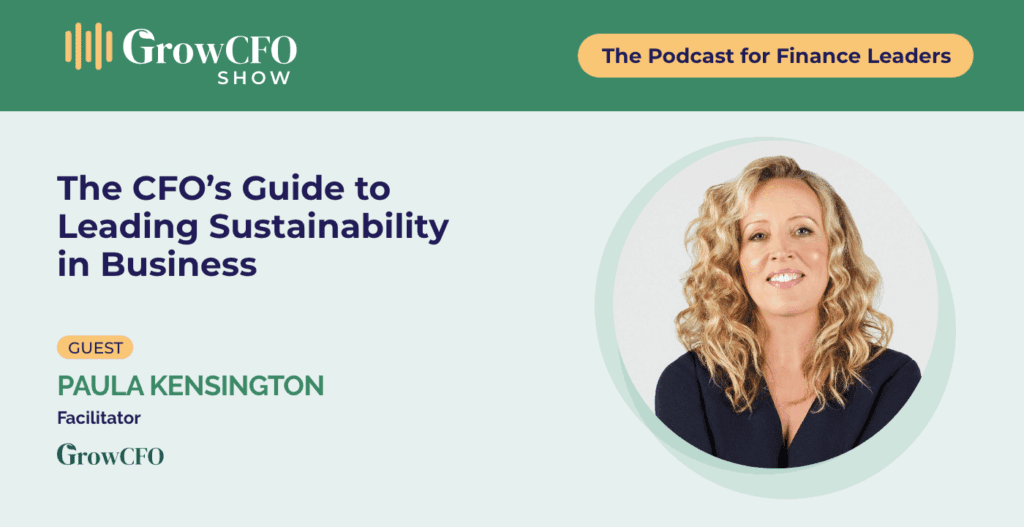#48 How to approach transfer pricing with David Tuck

Kevin Appleby is joined by consultant, David Tuck, to explore how to set a transfer price. He also looks at transfer pricing advice and how effective it is.
There has been a shift in transfer pricing
David tells you there is a mystique of complexity around transfer pricing. It does not need to be that way if you have modest international aspirations.
Is transfer pricing all about tax? Or public image of company? David explains how there has been a real shift. Proactive tax planning to aggressively reduce tax liability is less prevalent now. The BEPS rules play a big role in this.
There has been a successful campaign in the media to show that it is part of you corporate social responsibility to pay the right amount of tax. Make sure you get it right and don’t fall foul of rules and regulations and potential complexity out there.
Transfer pricing is much more about accidental consequence mitigation now. Making sure you don’t make mistakes or interpret the rules wrong. It is also no longer adversarial; “how can we beat the tax authority?”. The public outcry over Google, Amazon, Starbucks etc has been a part of this change.
It’s about navigating the rules. Expanding internationally because it’s in our commercial interest to do so, not to save tax. As David says, the tax tail no longer wags the business dog!
Accidental consequence mitigation
With transfer pricing, often start up finance leaders have heard it and they google it. They think they don’t need to do anything as there’s a UK SME exemption. This means from a UK perspective, there are no worries. They don’t, however, realise that if you have international operation the same exemptions may not apply. There is no exemption in the USA for instance.
As a result, that startup could be exposed when it comes to transfer pricing. This means you could build up costs and losses which exposes the startup to inquiries in the USA by the IRS. This bites when you’re going through funding round or an exit. There can an be serious consequences.
Operating in other countries may mean you need to see if you need a transfer policy. A US operation may expose start up to 6 years of going back in terms of enquiry instead of 3. The IRS can enquire into you when you are going through an exit. Any opportunity for a price shave will be looked for and they will see transfer price risk exposure. It can drop the value by 10%.
What transfer pricing help do SME’s need?
The way David comes at is that there is a false dichotomy at present when it comes to transfer pricing. Either you do nothing or ,what a lot of finance leaders do, cobble a policy together themselves. Alternatively, they go to a professional services firm.
There’s a middle ground here. The principle of reasonableness underlies the transfer pricing rules. David believes there is a gap for an OECD-aligned solution.
If you’re a startup the most important thing is to have a sensible transfer pricing policy, sensible mark-up, some documentation that looks the part, then some legal agreements to back-up this is a genuine commercial relationship. David sees a gap for an OECD-aligned solution that could get you 95% of the way there. It is ballpark accurate, and it’s more than reasonable. That’s what finance leaders in startups want, to have done something sensible without paying eye-watering sums for finance pricing advice.
Further down the line, you might go and pay for some specialist transfer pricing advice on top of that general policy to give you additional peace of mind. You don’t want to do this at an early stage, especially when your business operations are still fluid.
Transfer pricing is not overly complicated
There is nuance to transfer pricing. There are five transfer pricing methodologies. The three first considered are transactional indicators. You look at that sale of that good or service and requires knowledge of a business’s gross margin that you will realistically not ever be able to publicly find. So, in less than 5% of cases can you use these methodologies. Then you come to profit-based methods. In 95%+ of cases they use this same method of transactional net margin.
David believes to get the ballpark there and land on the right methodology, what is a reasonable margin or markup, some documentation to support that, and some legal agreements can all be delivered for a dramatically lower price than is usual today.
Kevin wonders if there are any advantages in moving money in particular countries? David wouldn’t push an agenda of proactive tax management as direction of travel is against your ability to do that. Public opinion is also against this. Putting the ethics to one side, from a pragmatic perspective of the brand and how this would affect it, David says he would not invest energy into this area. He indicates to focusing on paying the right amount of tax and that you are not paying too much but strongly suggests against having tax as the driver of business decisions.
You might save money short term but any money you save from tax is outweighed by cost of professional advice and dealing with enquiries. The net beneficiary is the professional service firms offering specialist tax planning advice.
Now it’s about paying right tax in a complex world, rather than trying to game the tax rates and see it as a target to reduce. There is so much scope to help startups and scaleups within their limited budgets.
Big challenges for CFOs when expanding
David explains how it is really tough situation to be in. Often you’re the de facto managing director of international operations before you have a country general manager. You may not be aware of the rules and regulations you need to be following.
David shows you why it is better to use local advisers brought up on local rules and regulations. But how do you find the right advisers? Is this permanent? Branch or subsidiary? When you don’t know it, it’s splitting the atom in terms of complexity.
David is going to be addressing these issues as well as transfer pricing. It is a real opportunity to serve finance leaders of growing businesses, who are going international, much better than they’re being served today. He wants to make that process so much more straightforward in terms of all the pain points. He wants the demystifying of expert knowledge.
3 key advice points for CFOs who are looking to expand internationally
- Be ahead of where you are creating the IP in your business. You can’t be too early on this!
- Make sure you know what your situation is on transfer pricing, know what your exposure is.
- Connect with David on LinkedIn – always happy to take the time to chat and share my perspectives. David’s LinkedIn profile is: linkedin.com/in/tuckdavid .
Find out more about GrowCFO
If you enjoyed this podcast you can subscribe to the GrowCFO Show with your favourite podcast app. The GrowCFO show is listed in the Apple podcast directory, Google podcasts and many others. Why not subscribe there today? That way you never miss an episode.
GrowCFO is a great place to extend your professional network. You can join GrowCFO as a free member today and take part in our regular networking events and webinars.
Premium members also have access to our extensive training centre. Here you can enrol in our flagship Future CFO or Finance Leader programmes.
You can find out more and join today at growcfo.net
Podcast: Play in new window | Download







Responses